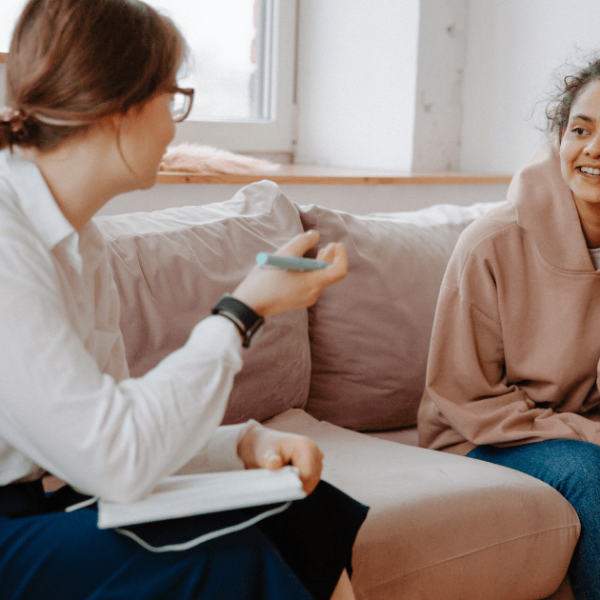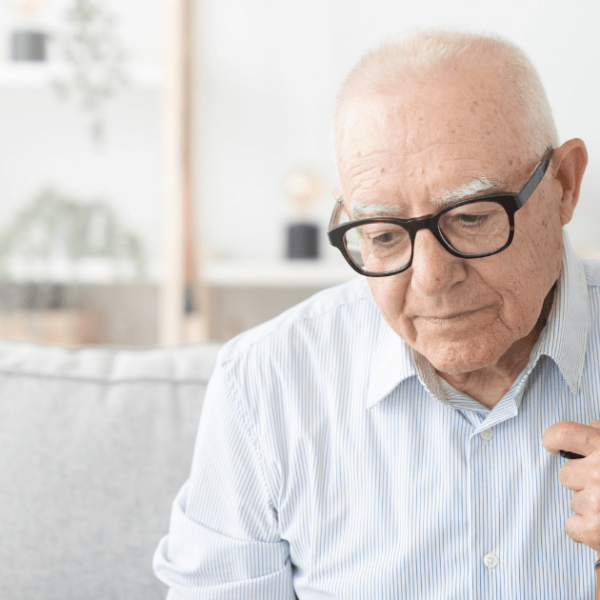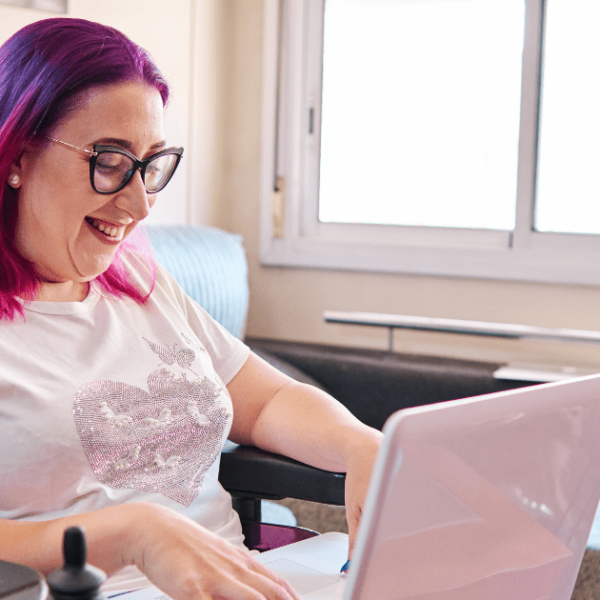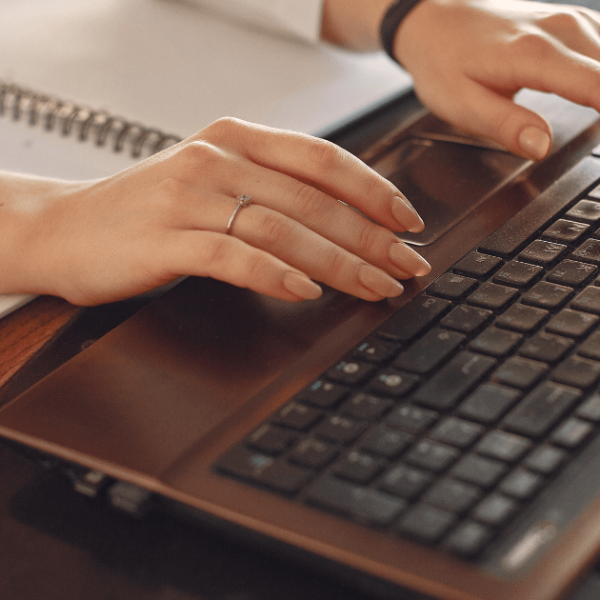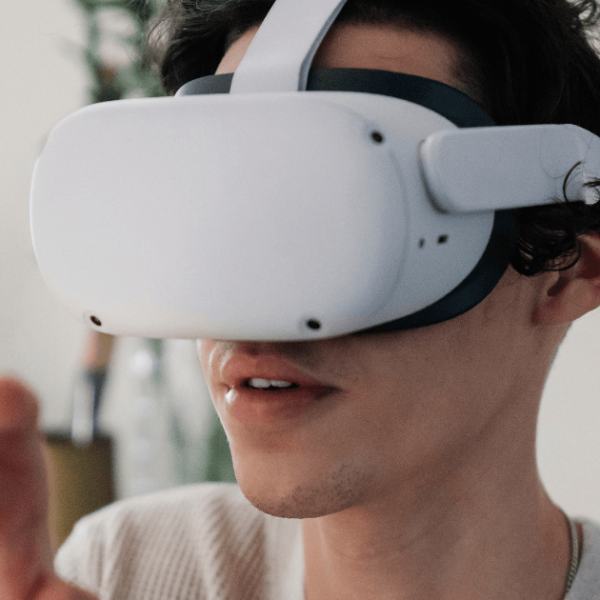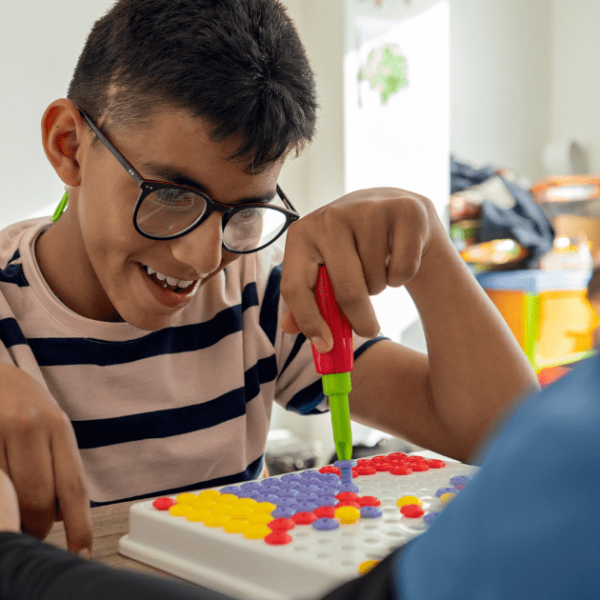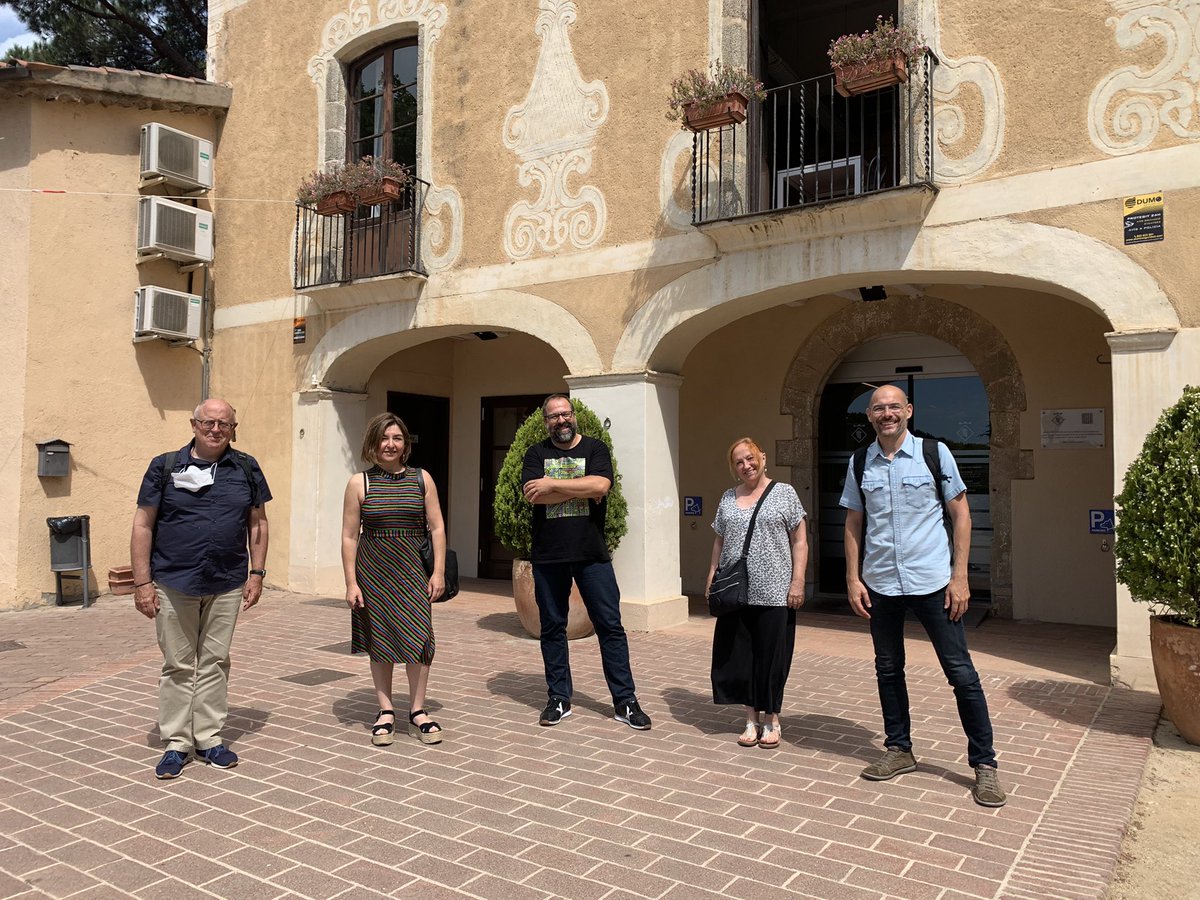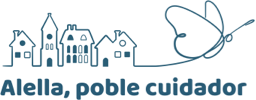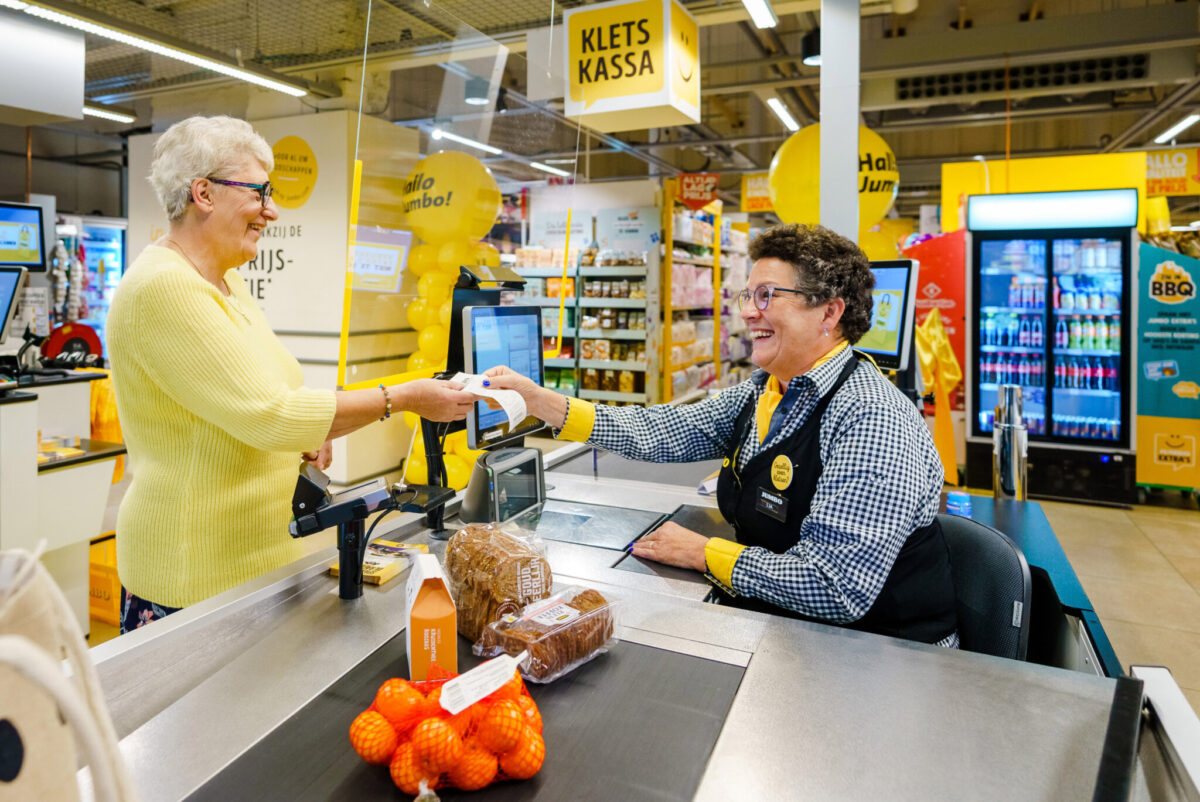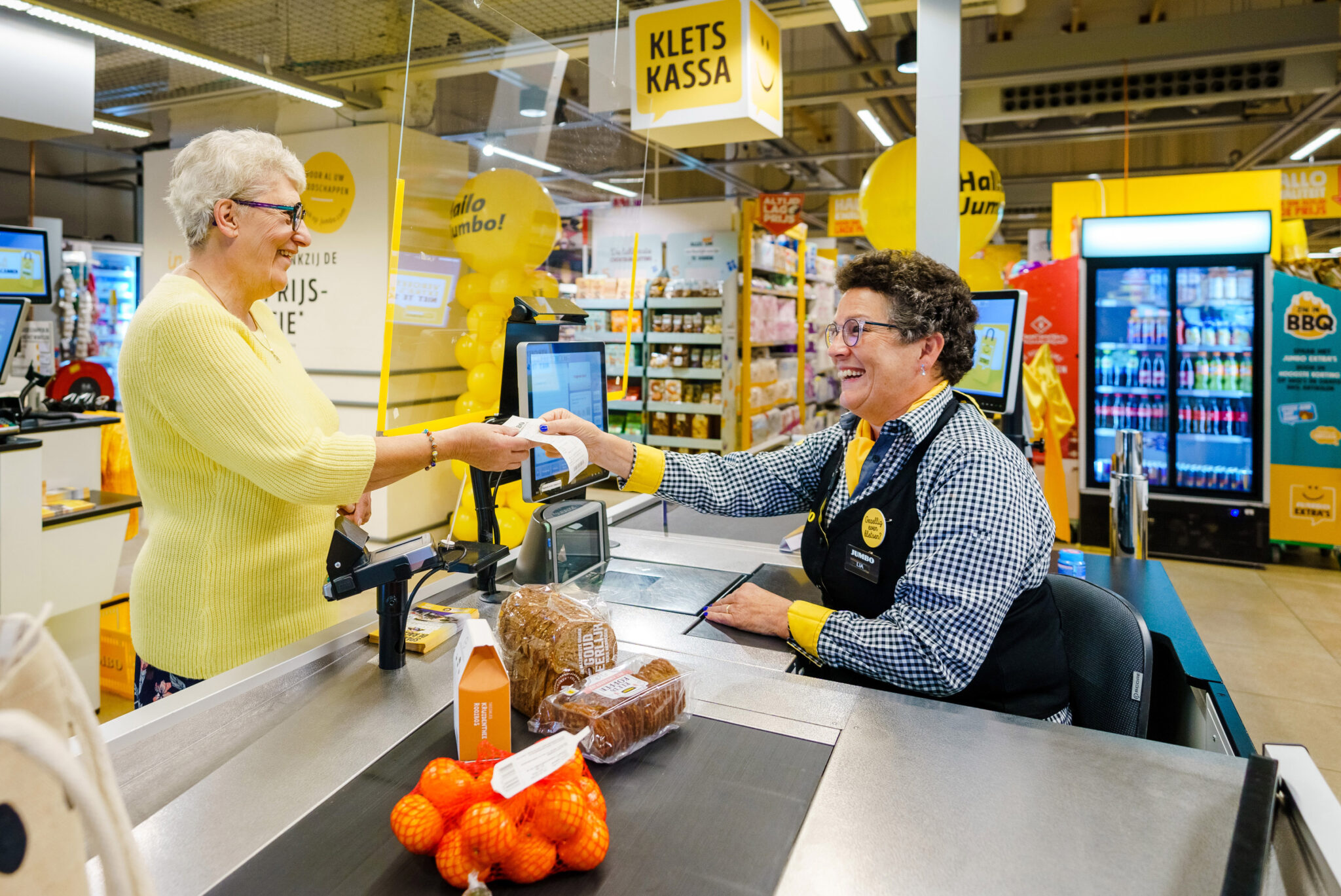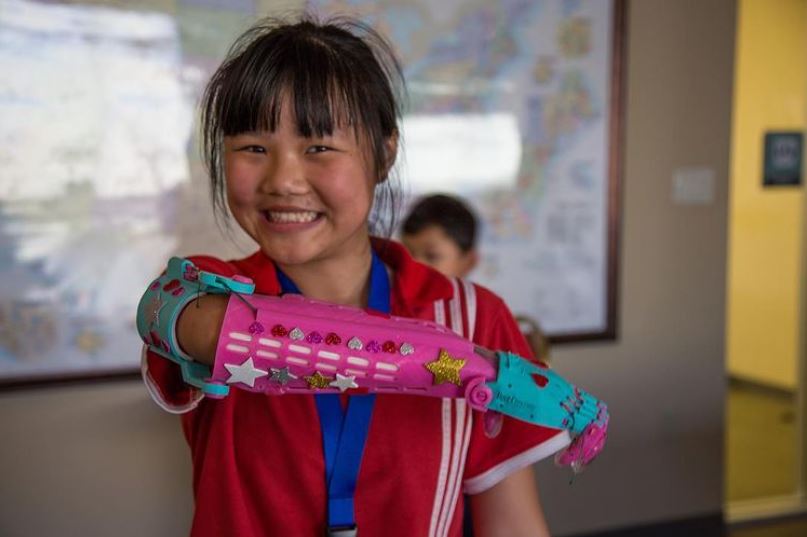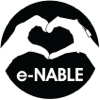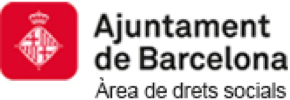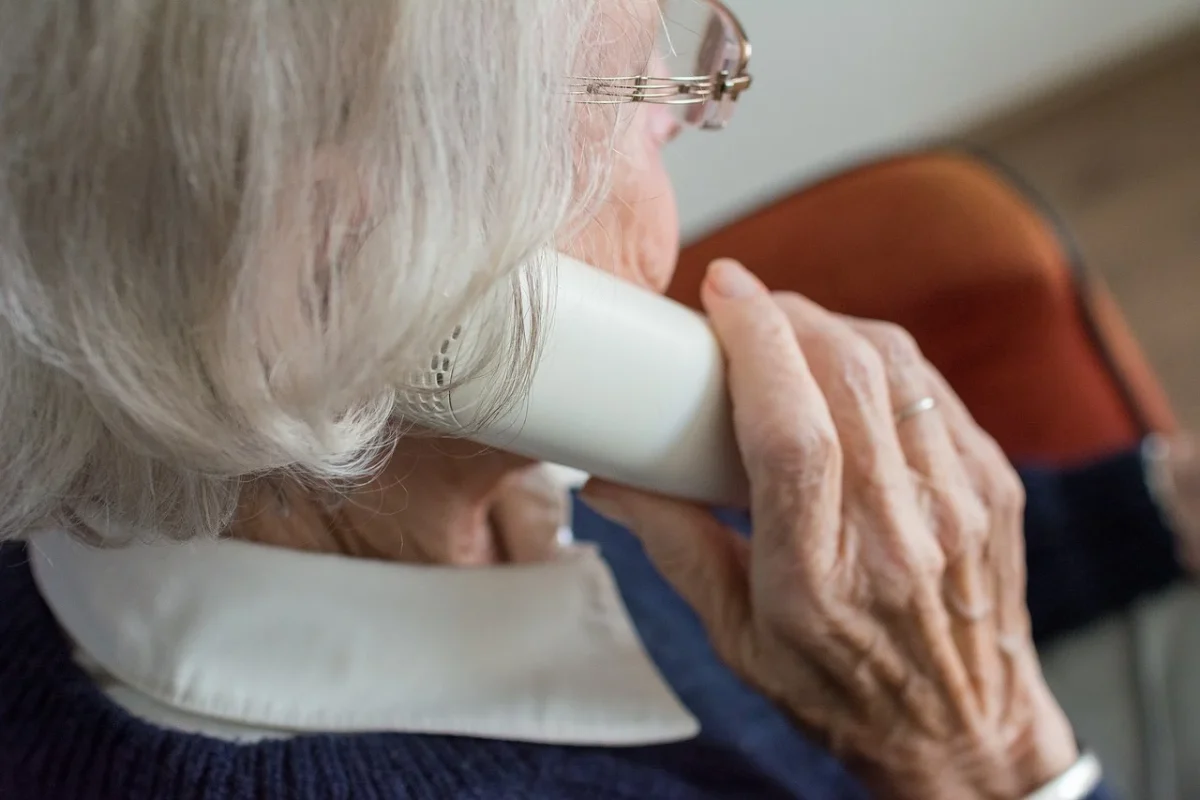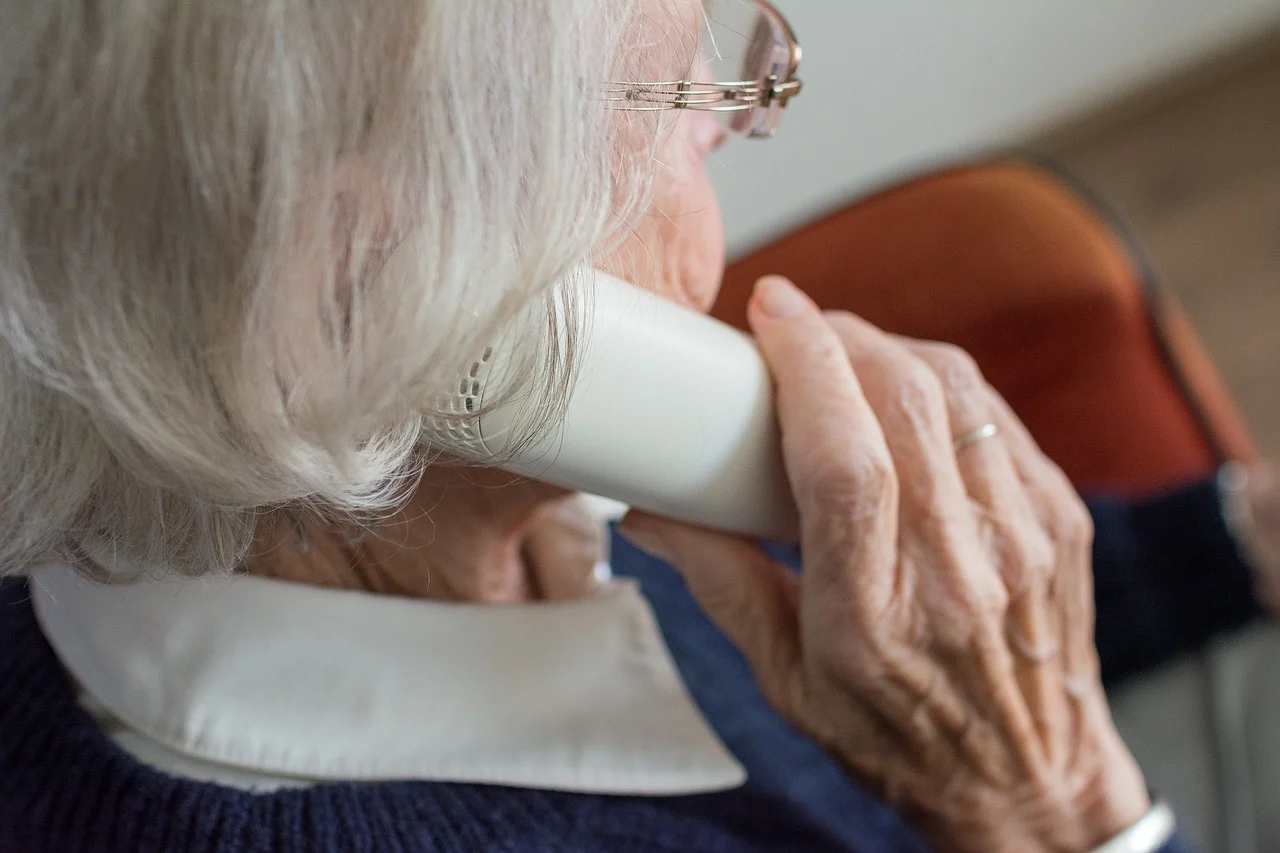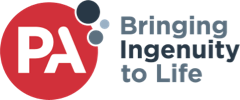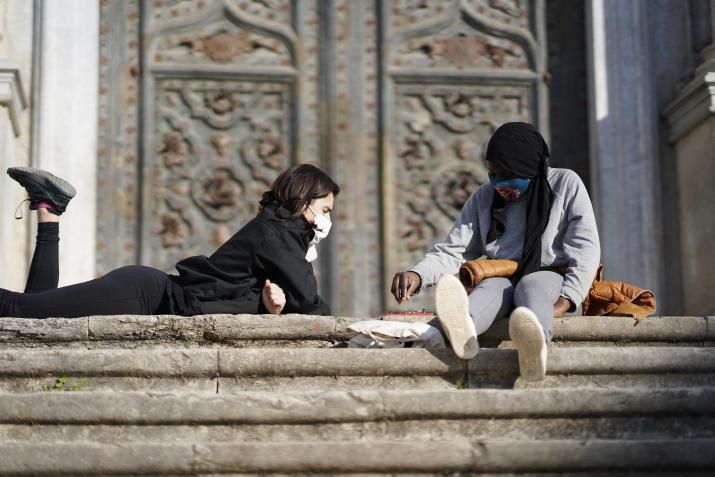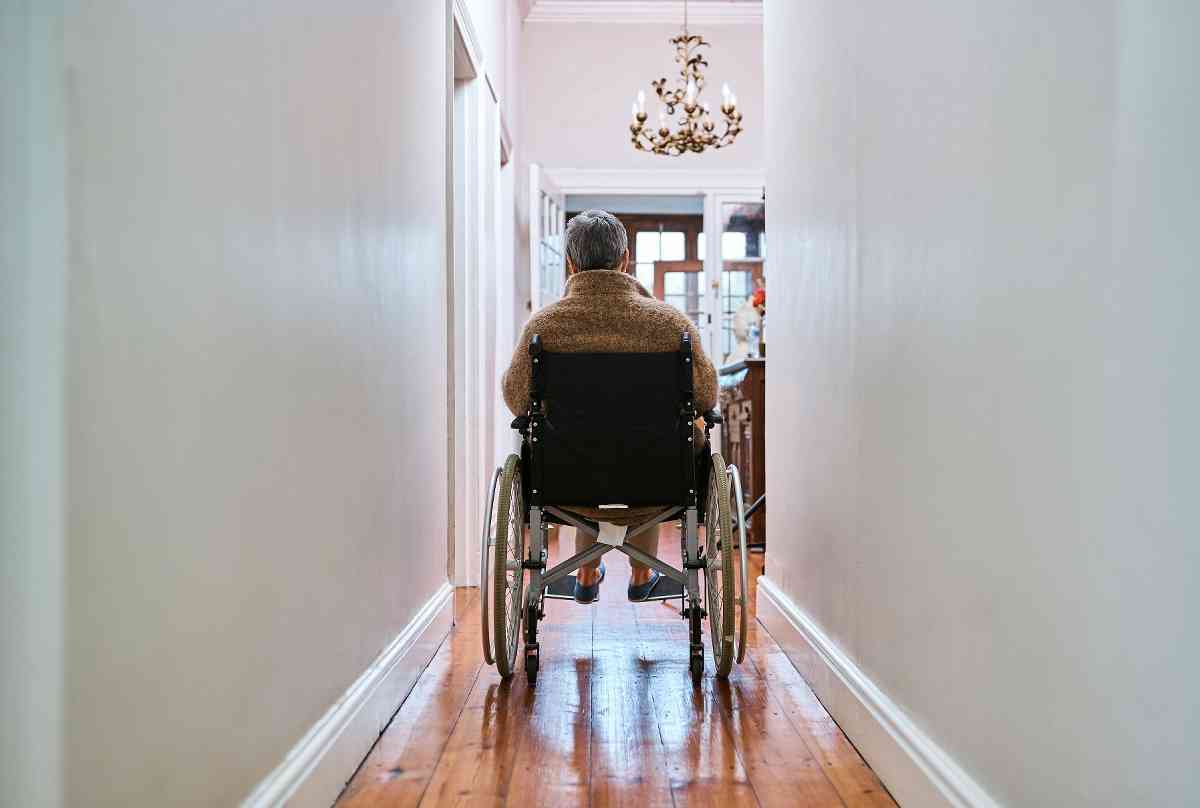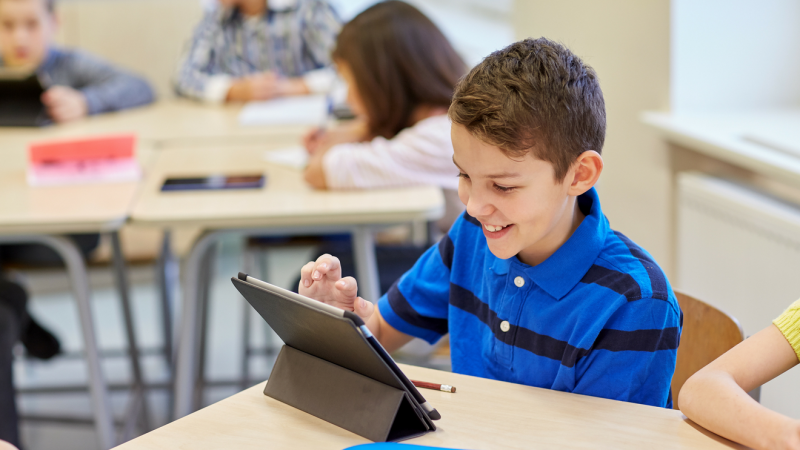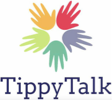IntermediaJOB, intelligent job portal with a non-discriminatory algorithm
IntermediaJOB, intelligent job portal with a non-discriminatory algorithm
Intermedia
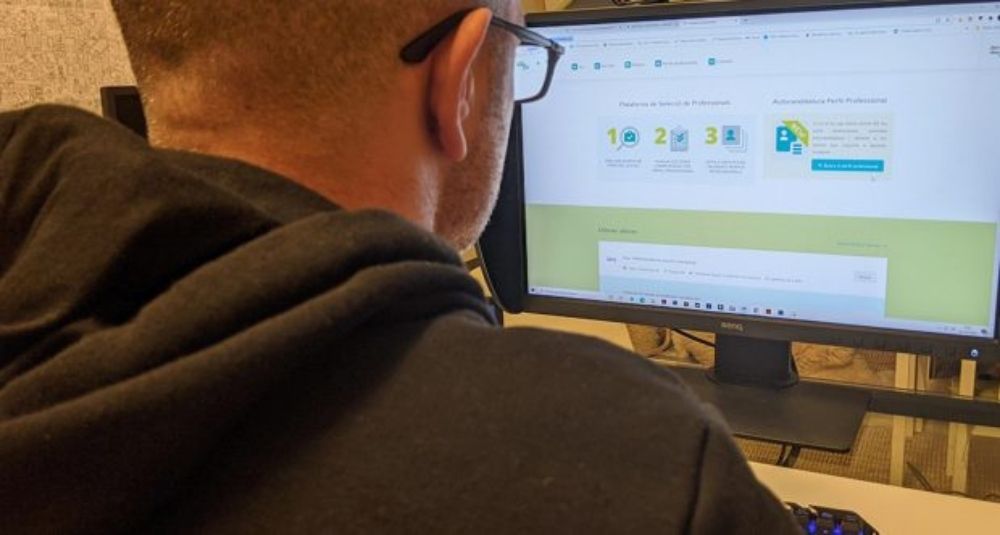
Image from the Intermedia website.
Digital platform for the selection of professional profiles, especially aimed at people with vulnerabilities, which differs from other portals in the fact that it is able to make an intelligent matching of skills between job offers and candidates, and does not discriminate based on learned patterns.
This is a paradigm shift since, instead of working like other recruitment platforms that only take into account the candidate’s training and work experience as reflected in a CV, IntermediaJOB also values the rest of the learning that the candidate has acquired throughout his life, both in the training and professional and personal fields. This makes the match between the applicant and the company much more reliable than with other portals.
This tool is only possible thanks to innovation, which is why it is awaiting the incorporation of machine learning, a technology that would improve the reliability of the skills match, as well as big data to take advantage of successful experiences, or the use of bots to make technology more accessible to people.
What has already been implemented are the algorithms used by IntermediaJOB. The platform excludes all those better-positioned candidates who have more knowledge than necessary in a workplace, as well as those that value people of one gender more than another, for the simple fact that they follow learned patterns.
Beyond being just a platform where job offers can be posted, it also allows students to find their university internships.
Characteristics of innovation
Location
Catalonia and Balearic Islands
Partners/Funders
ideaRed, B-Value, Brots Consultoria, Heal
Genesis
IntermediaJOB was born out of the Intermedia Foundation, an association that caters to people who are in social and labour vulnerability, and was promoted by IReS Foundation, Surt Foundation and Suara Cooperative Foundation. The tool arises for the purpose of being a professional, quality, solidarity and responsible apparatus for personal development and improving people’s employment and employability, in other words, increasing the chances of finding work, especially among those who are in situations of greater vulnerability.
Level of implementation
At this stage, the IntermediaJOB portal already operates at full performance. In the 2019–2020 period, the platform has covered 82% of the offers of the more than 900 companies involved. In addition, it currently has over 12,000 active candidates.

Banc d’innovacions

